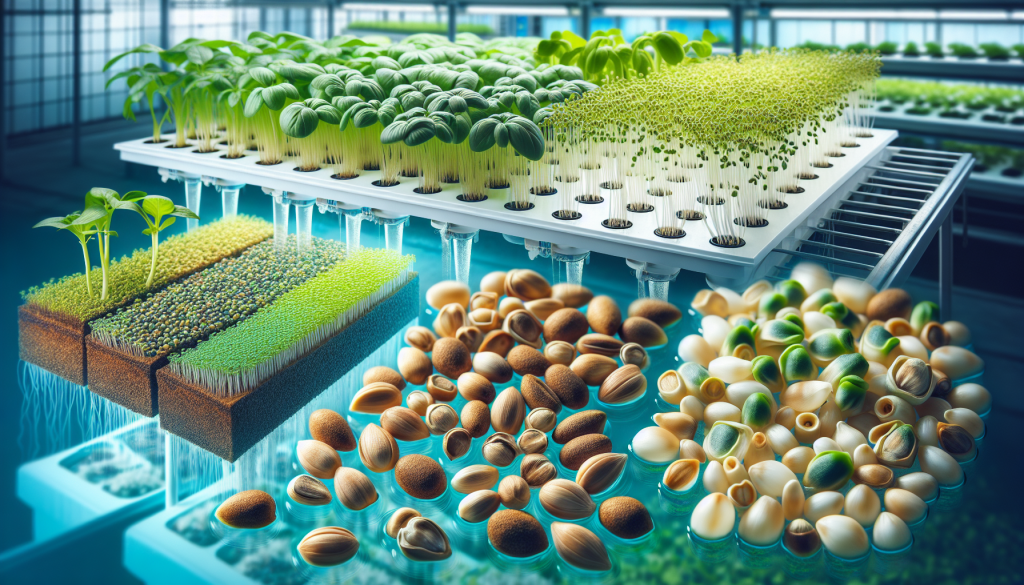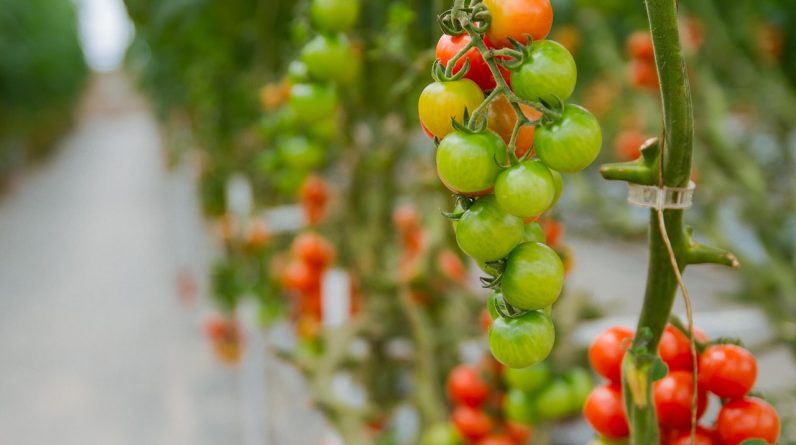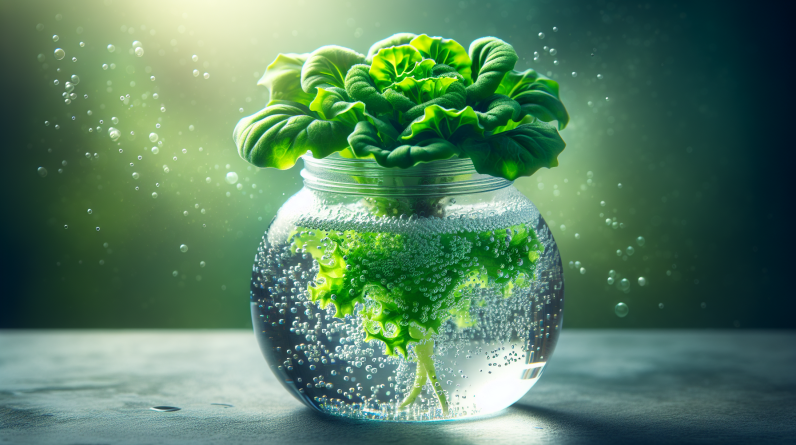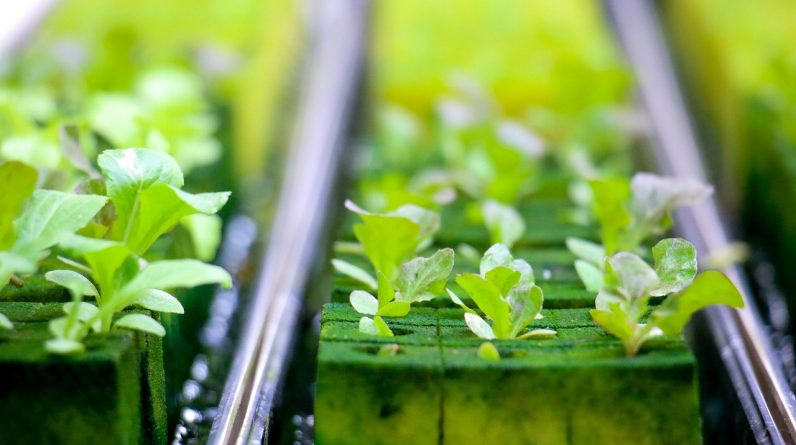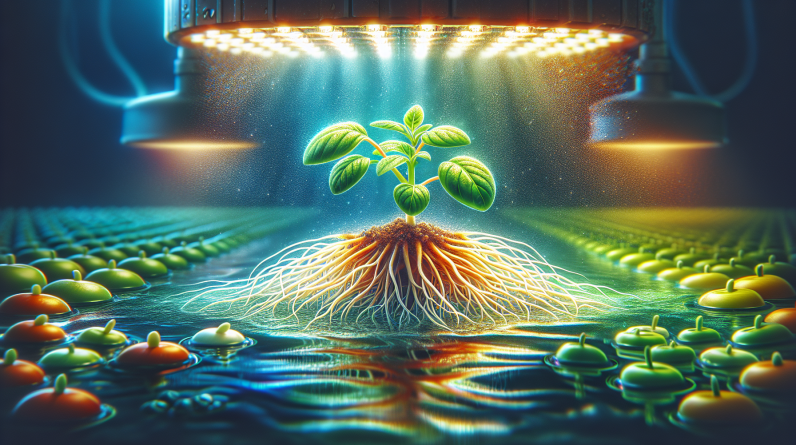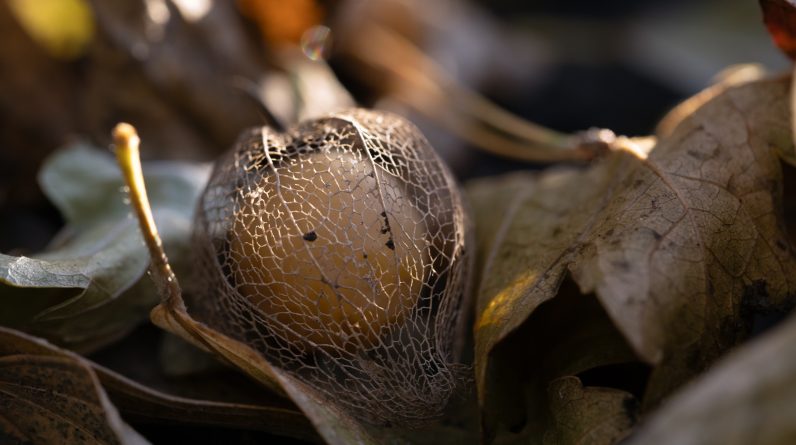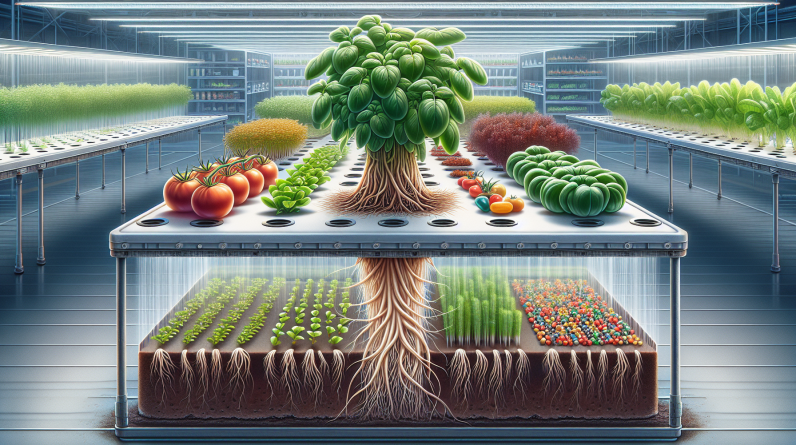
Growing plants hydroponically has gained popularity in recent years, but many people wonder if it is suitable for all types of seeds. The answer to this question lies in understanding the basic principles of hydroponic gardening and the needs of different plants. From leafy greens to juicy tomatoes and colorful flowers, a wide variety of seeds can thrive using hydroponic systems. This article will explore the possibilities and potential challenges of growing seeds hydroponically, offering insights and tips for successful cultivation. So, if you’ve ever wondered if your favorite plant can be grown without soil, get ready to discover the fascinating world of hydroponic gardening.
Can Any Seed Be Grown Hydroponically?
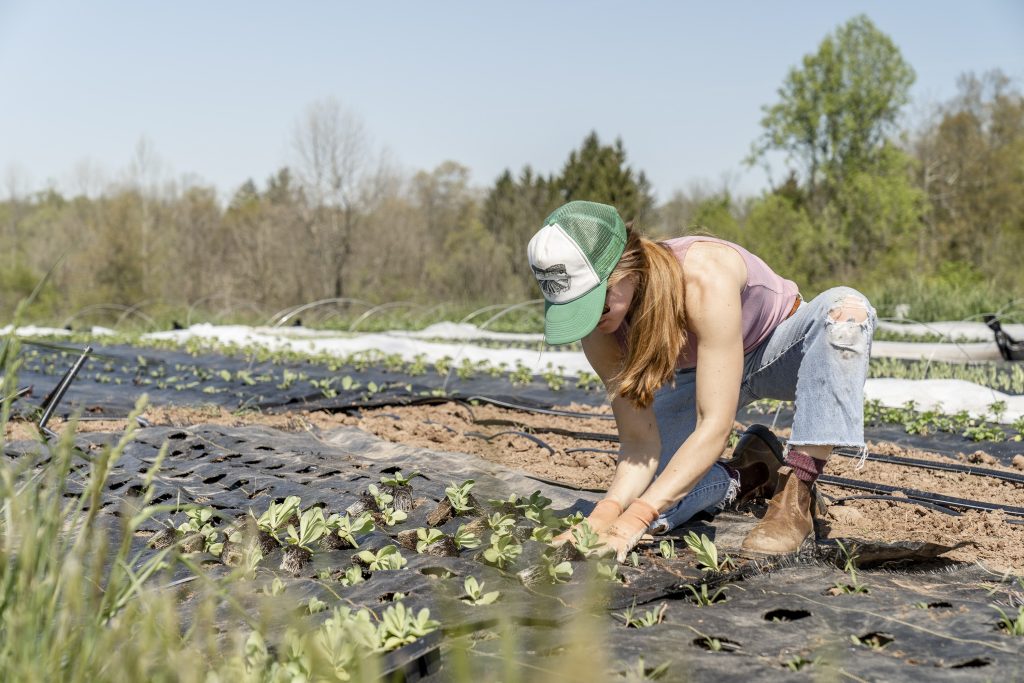
This image is property of images.unsplash.com.
Understanding Hydroponics
Hydroponics is the method of growing plants without soil, where nutrients are delivered directly to the plant’s roots through a water-based solution. Instead of relying on soil for nutrients, hydroponics relies on water, which is enriched with essential minerals and nutrients. This unique growing technique allows plants to thrive in a controlled environment, resulting in faster and more efficient growth.
Advantages of Hydroponic Cultivation
There are numerous advantages to hydroponic cultivation. Firstly, it allows for year-round plant growth, regardless of the climate or weather conditions. This is particularly beneficial in regions with harsh winters or dry summers. Secondly, hydroponics uses less water compared to traditional soil-based farming, making it a more sustainable and eco-friendly option. Additionally, hydroponics eliminates the need for pesticides, as pests and diseases are less likely to affect plants grown in a controlled environment. Finally, hydroponics provides the opportunity to grow plants in limited space, making it ideal for urban gardening or indoor farming.
Factors Affecting Hydroponic Seed Growth
While hydroponics offers numerous benefits, not every seed is suitable for this cultivation method. Several factors affect the successful growth of seeds in a hydroponic system. One crucial factor is the seed’s adaptability to hydroponic environments. Some plants have evolved to thrive in certain soil conditions, making it challenging to transition them to a soilless system. Additionally, the pH level of the water, temperature, and nutrient availability also play a significant role in seed growth. It is important to choose seeds that are compatible with these factors to ensure optimal growth and yield.
Selection of Seeds for Hydroponics
When selecting seeds for hydroponics, it is essential to consider their adaptability, growth rate, and overall suitability for a soilless system. Leafy greens such as lettuce, spinach, and kale are ideal for hydroponics due to their rapid growth and minimal root system requirements. Herbs like basil, parsley, and cilantro also perform exceptionally well in hydroponic setups. Other popular choices for hydroponic cultivation include tomatoes, cucumbers, peppers, and strawberries. It is advisable to start with seeds that are specifically labeled as suitable for hydroponic systems to ensure a higher success rate.

This image is property of images.unsplash.com.
Hydroponic Techniques for Different Seeds
Different seeds require variations in hydroponic techniques for optimal growth. For example, lettuce and other leafy greens thrive in a nutrient film technique (NFT) system, where a thin film of nutrient-rich water flows over the roots. On the other hand, tomatoes and cucumbers are better suited for deep water culture (DWC), where the roots are suspended directly in the nutrient solution. Strawberries, being a fruiting plant, benefit from a dutch bucket system or a vertical tower system to support their growth. Understanding the specific hydroponic technique suitable for each seed will maximize their potential and yield.
Hydroponic Systems for Seed Germination
The germination stage is crucial in a plant’s lifecycle, and hydroponics offer several methods to facilitate this process. One of the most common techniques is using a propagation tray, where seeds are placed in a humidity-controlled environment with a substrate like rockwool or Oasis cubes. The seeds are kept moist until they sprout and develop roots. Once the roots appear, they can be transferred to a net pot or a small container filled with the nutrient-rich solution, allowing them to continue growing in a hydroponic system. Alternatively, seed plugs can also be used to simplify the transfer process from the propagation tray to the main hydroponic setup.

This image is property of images.unsplash.com.
Common Challenges in Hydroponic Seed Cultivation
While hydroponics has its advantages, there are specific challenges that growers may encounter when cultivating seeds. Firstly, maintaining the correct nutrient balance in the water is crucial for optimal growth. Nutrient deficiencies or excesses can lead to stunted growth or nutrient burn. Regular monitoring and adjustment of the nutrient solution are necessary to address these issues. Secondly, proper aeration and oxygenation of the roots are essential to prevent root rot and maintain healthy plant growth. Lastly, ensuring adequate lighting, temperature, and humidity levels throughout the growth cycle can be challenging in indoor hydroponic setups. However, with proper research, equipment, and maintenance, these challenges can be overcome successfully.
Nutrient Requirements for Hydroponic Seed Growth
In hydroponics, plants rely on a precisely balanced nutrient solution for their growth, as they cannot access nutrients naturally present in soil. The nutrient requirements vary depending on the stage of growth, but generally, plants require macronutrients such as nitrogen, phosphorus, and potassium, as well as micronutrients like iron, calcium, and magnesium. These nutrients are typically supplied through specialized hydroponic fertilizers or nutrient mixtures. It is crucial to monitor and adjust the nutrient concentrations regularly to ensure the plants receive the appropriate balance of nutrients for healthy growth and development.
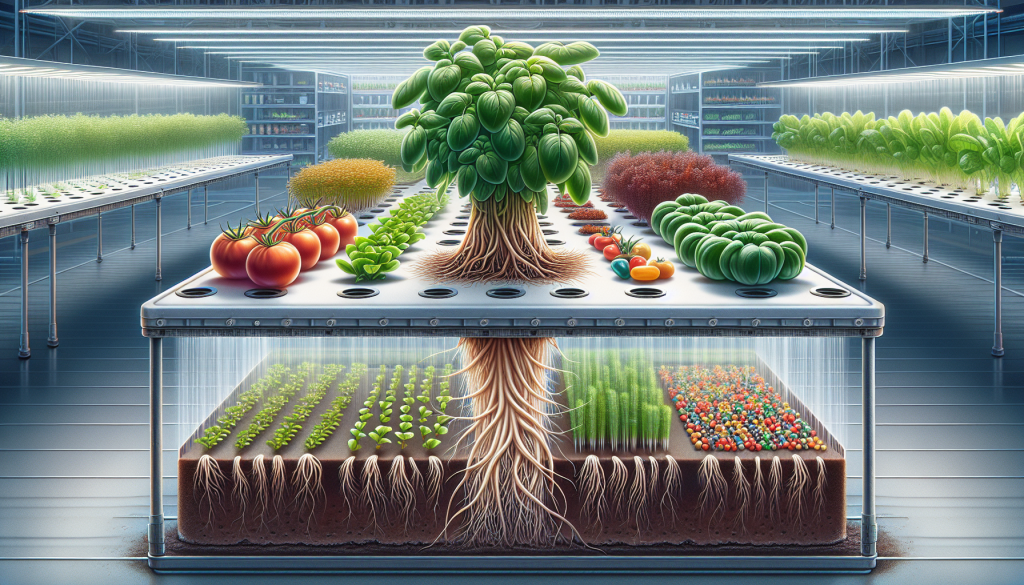
Preventing and Addressing Seed Diseases in Hydroponics
Hydroponics significantly reduces the risk of soil-borne diseases that commonly affect plants in traditional farming. However, seeds can still be susceptible to certain diseases and fungal infections. To prevent these issues, it is important to start with high-quality, disease-free seeds. Additionally, maintaining a clean and sterile growing environment, including equipment and nutrient solutions, can minimize the risk of diseases. Regular monitoring of plants for signs of diseases or nutrient deficiencies is essential for early detection and prompt treatment. Proper sanitation practices and good hygiene are key to minimizing the potential impact of disease outbreaks in a hydroponic system.
Conclusion
In conclusion, while not every seed can be grown hydroponically, a wide variety of plants can thrive in soilless systems. Understanding the specific needs of different seeds, selecting suitable hydroponic techniques, and maintaining a balanced nutrient solution are vital for successful seed growth. Hydroponics offers numerous advantages, including year-round cultivation, environmental sustainability, and maximized use of limited space. With proper knowledge, experimentation, and care, hydroponic cultivation can yield impressive results and be a rewarding method for growing a variety of plants.
